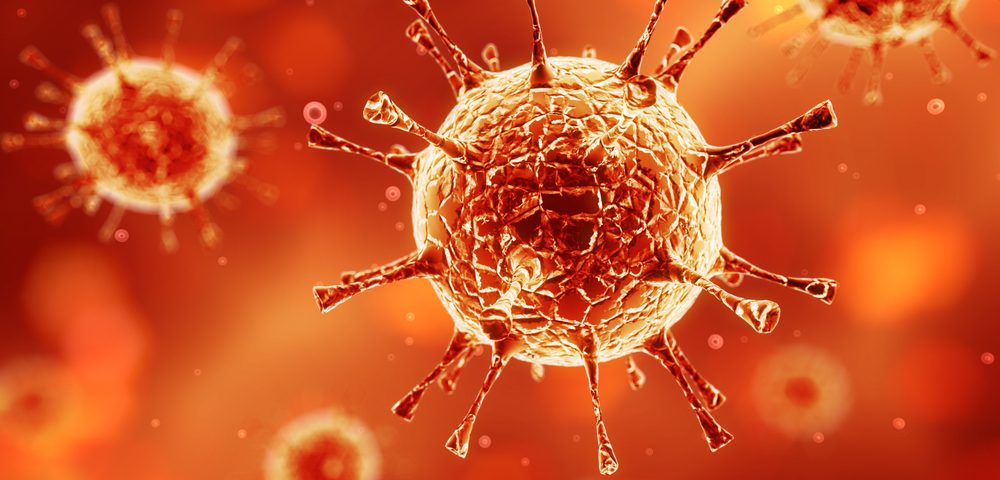The University of Connecticut and the immunotherapy company CaroGen are collaborating to develop a new vaccine to treat colon cancer patients.
The vaccine will use CaroGen’s proprietary technology platform, which relies on virus-like vesicles (VLVs) to deliver immunotherapies to a specific target studied by UConn researchers Kepeng Wang, assistant professor of immunology, and Anthony T. Vella, professor and Boehringer Ingelheim Chair in Immunology.
The target, called interleukin-17 (IL-17), is a pro-inflammatory protein that promotes inflammation in the tumor site but helps cancer cells evade immune surveillance. By targeting IL-17, the new cancer vaccine aims to improve the immune system’s ability to recognize and fight cancer cells.
CaroGen will have the right to exclusively license intellectual property developed under this collaboration for both human and animal health use.
Colon cancer is the third leading cause of cancer-related deaths among women in the United States and the second leading cause in men. According to the American Cancer Society, it is expected to cause about 50,260 deaths in 2017 alone.
“While the death rate from colon cancer has been dropping for several decades thanks to screening and improved treatment, our goal is to reach close to a 100 percent survival rate,” CaroGen’s president and CEO, Bijan Almassian, said in a press release. “By combining our platform with Dr. Wang’s very promising target, we hope that a new powerful immunotherapy will be developed to provide patients with that assurance.”
CaroGen is one of the 21 biotech startups housed at the Technology Incubator Program (TIP) on the UConn Health campus. TIP helps the companies turn their biotechnology concepts into businesses.
With the support of the program, CaroGen is developing an extensive portfolio of immunotherapies using its VLV platform, with a lead program in chronic hepatitis B. This program, which is being developed in collaboration with researchers from Yale University School of Medicine and Albany Medical College, has already completed initial proof-of-concept studies in mouse models, and is currently optimizing selection of a clinical candidate capable of stimulating the immune system to multiple hepatitis B virus proteins.
In addition, the company is also developing vaccine candidates against Clostridium difficile, a bacterial infection, and Zika virus, both in collaboration with UConn researchers.
“CaroGen is proving to be both a scientific and entrepreneurial leader in Connecticut,” said Dr. Jeff Seemann, UConn’s vice president for research. “Dr. Almassian has led multiple efforts to apply the CaroGen technology in collaborations with UConn researchers where critical and urgent healthcare needs exist. We are very excited about this latest endeavor, which we believe will yield significant therapeutic and commercial opportunities through the combined expertise of UConn Health’s Department of Immunology and CaroGen.”


